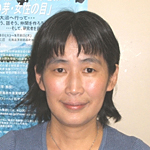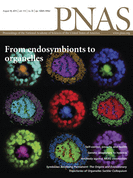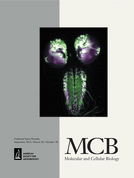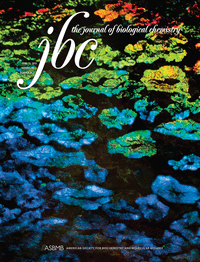 Another retraction and a correction that retracts two figures — ie, a partial retraction — have been posted for Duke University lung researchers, Erin Potts-Kant and Michael Foster.
Another retraction and a correction that retracts two figures — ie, a partial retraction — have been posted for Duke University lung researchers, Erin Potts-Kant and Michael Foster.
These latest notices move the count up to 8.5 retractions for Potts-Kant and 7.5 for Foster (counting the partial retraction as 1/2), along with the correction for both. In both cases and in a familiar note from previous retractions, authors found “potential discrepancies” between two sets of data (partial retraction) and study figures that weren’t “reliable” (retraction).
The retraction comes after the authors discovered problems with three of the study figures. In the corrected paper, the authors were able to validate some of their findings after repeating the experiments, but retracted two of the study figures that they were “unable to verify.”
Continue reading Retraction no. 8 (and a 1/2) hits former Duke researcher Erin Potts-Kant




 An investigation at the University of Florida has led to the retraction of a pair of papers on the stress responses of Caenorhabditis elegans in Molecular and Cellular Biology.
An investigation at the University of Florida has led to the retraction of a pair of papers on the stress responses of Caenorhabditis elegans in Molecular and Cellular Biology.
